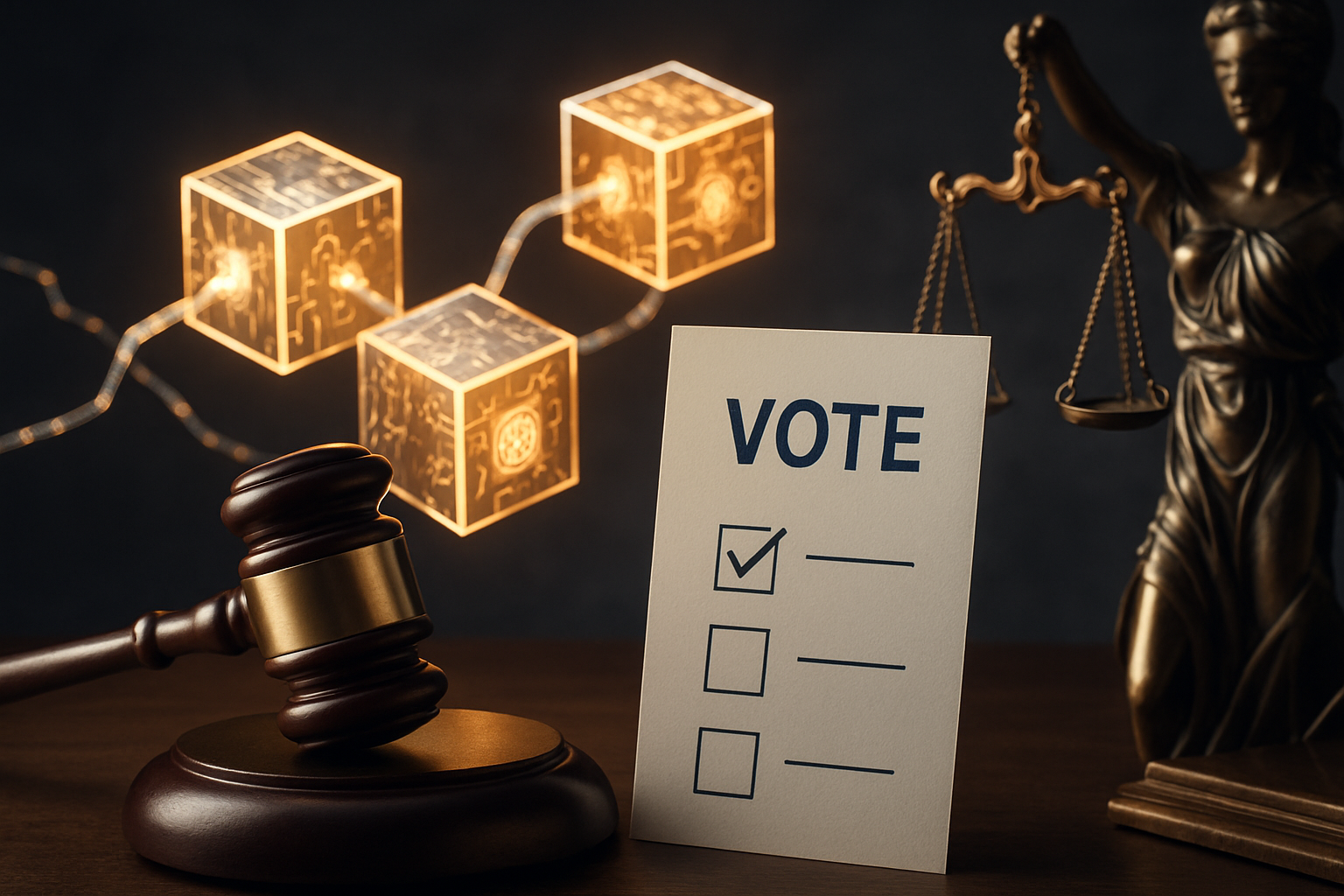Title: Legal Implications of Deepfake Technology in Electoral Processes
Introduction: The rise of deepfake technology poses unprecedented challenges to electoral integrity and democratic processes worldwide. This article explores the legal landscape surrounding deepfakes in elections, examining current legislation, potential reforms, and the delicate balance between free speech and safeguarding democratic institutions.

Current Legal Framework
The legal response to deepfakes in electoral contexts varies widely across jurisdictions. In the United States, federal law does not explicitly address deepfakes in elections, leaving a patchwork of state-level regulations. California, for example, passed AB-730 in 2019, which prohibits the distribution of audio or video with the intent to deceive voters within 60 days of an election. However, critics argue that such laws may be difficult to enforce and potentially infringe on First Amendment rights.
Challenges in Legislation and Enforcement
Crafting effective legislation to combat deepfakes in elections presents numerous challenges. Lawmakers must navigate the fine line between protecting electoral integrity and preserving freedom of speech and artistic expression. Additionally, the rapid pace of technological advancement often outstrips the legislative process, making it difficult for laws to keep up with new deepfake techniques. Enforcement poses another significant hurdle, as the global nature of the internet allows creators of deepfakes to operate across jurisdictions.
International Approaches and Cooperation
Several countries have taken varied approaches to address the threat of deepfakes in elections. The European Union has proposed comprehensive regulations on AI, including provisions that would require platforms to label deepfakes and AI-generated content. China has implemented strict regulations on deepfakes, requiring that all AI-generated content be clearly labeled and traceable to its creator. International cooperation and information sharing among countries have become increasingly important in developing effective strategies to combat cross-border deepfake campaigns.
Balancing Free Speech and Electoral Integrity
One of the most contentious issues in regulating deepfakes is striking the right balance between protecting free speech and safeguarding electoral processes. Some legal scholars argue that overly broad restrictions on deepfakes could chill protected speech, including political satire and legitimate criticism of public figures. Others contend that the potential harm to democracy outweighs these concerns and that robust regulation is necessary to preserve the integrity of elections.
Technological Solutions and Legal Implications
As legislators grapple with regulatory approaches, tech companies and researchers are developing technological solutions to detect and combat deepfakes. These include AI-powered detection tools, digital watermarking, and blockchain-based content authentication systems. The legal implications of these technologies are significant, raising questions about admissibility of evidence in court, liability for false positives, and potential privacy concerns.
The Role of Platform Responsibility
Social media platforms and content-sharing websites play a crucial role in the spread of deepfakes. Legal experts are debating the extent to which these platforms should be held responsible for detecting and removing deepfake content. Some propose expanding platform liability, while others argue for maintaining current safe harbor protections while encouraging voluntary content moderation efforts.
Educating the Public and Strengthening Media Literacy
Beyond legal measures, many experts emphasize the importance of public education and media literacy in combating the effects of deepfakes on elections. Some jurisdictions are considering incorporating digital literacy programs into school curricula and public awareness campaigns. The legal community is exploring ways to support these efforts while respecting constitutional boundaries on government involvement in media education.
Future Outlook and Potential Legal Reforms
As deepfake technology continues to advance, legal frameworks will need to evolve to address new challenges. Potential reforms under discussion include creating a federal task force to coordinate responses to deepfakes, establishing clear standards for authenticating digital content in legal proceedings, and developing international treaties to combat cross-border deepfake campaigns. The legal community must remain vigilant and adaptive to ensure that the law keeps pace with technological advancements and effectively protects democratic processes.
In conclusion, the legal implications of deepfake technology in electoral processes are far-reaching and complex. As society grapples with this emerging threat to democracy, a multifaceted approach combining legislation, technological innovation, international cooperation, and public education will be crucial. The legal community faces the ongoing challenge of crafting solutions that protect electoral integrity while preserving fundamental rights and freedoms in the digital age.






